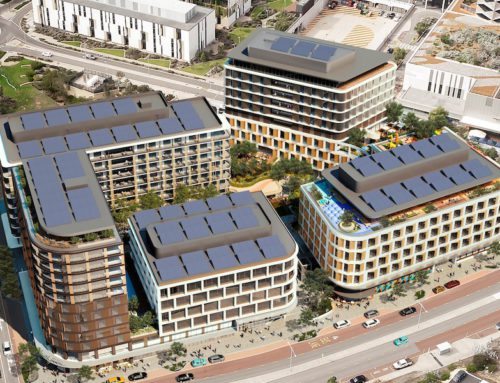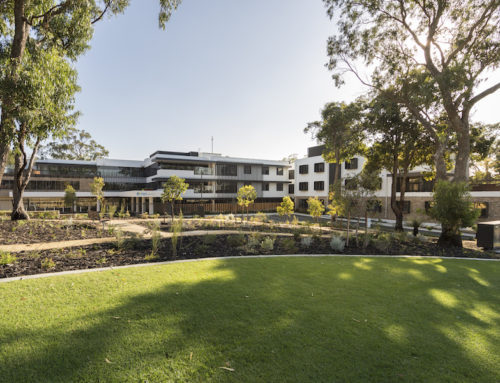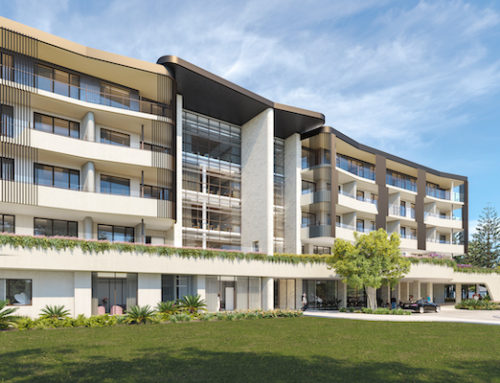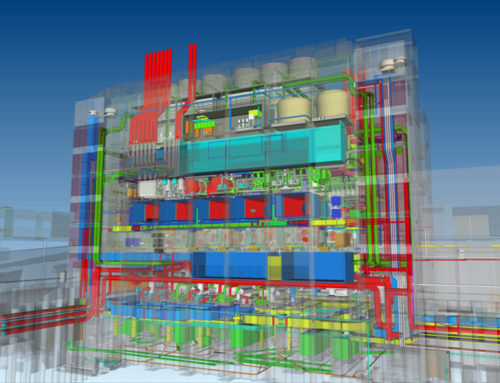
| COMMENCEMENT DATE | 2004 |
| COMPLETION DATE | 2007 |
| CLIENT | James Cubitt Architects |
| BUILDING OWNER | Ministry of Health, Democratic Republic of Timor-Leste |
| ARCHITECT | James Cubitt Architects |
| CAPITAL VALUE | US$21.4 Million |
PROJECT
The East Timor Hospital project consisted of the total refurbishment of the Dili National Hospital and its associated Central Laboratory. It also included the construction of three new regional hospitals in Oecussi, Maliana and Maubisse for the Department of Health, East Timor. With a capital value of US$21.4 Million, the project provided the region with 100 new hospital beds to provide quality health care to the East Timorese population.
Renovations to Dili’s National Hospital proved to be a mammoth task that has allowed Floth to showcase its design expertise. Refurbishments were made to a total of forty buildings, encompassing a broad range of hospital services, including wards for maternity, neo-Natal, post Natal, medical, surgical, isolation, low dependency, high dependency, physiotherapy and occupational therapy. This also included administrative and support facilities.
Each regional hospital refurbishment undertaken by Floth incorporated 25 beds for inpatient services along with emergency, accident and clinic facilities. Floth provided electrical, communications, fire and hydraulic services for each site, providing a service that was not previously available to these remote communities.
By drawing on extensive experience in Indonesia, Floth worked closely with the design team to deliver buildings sensitive to their environment and within the capabilities of the local work force.
A number of passive design principles were adopted, including the use of high ceilings, large windows, and extensive roof overhangs to maximise opportunities for daylight infiltration and natural ventilation. A reduction in dependency on artificial lighting and air-conditioning was achieved, providing both capital and more importantly ongoing operational cost savings which are critical in a region where budgets are limited.
Additionally, emphasis was placed on ensuring the building services were designed around simple robust systems and readily available components, to compliment the expertise of the installing contractors and maintenance supervisors.
The region presented a number of working challenges including the provision of basic essential services, which are taken for granted in developed countries. Floth’s experience in the Asian market enabled the team to deal with the issues of clean water supply, sewerage treatment and reliable electricity supply through the incorporation of:
- Deep wells including suitable onsite storage and treatment facilities
- Onsite packaged treatment plants and associated disposal facilities
- Prime power generators



